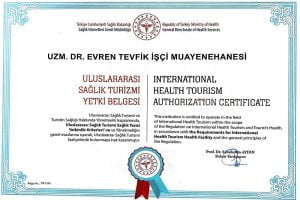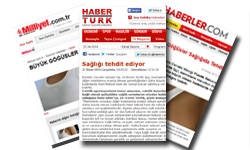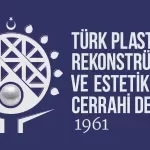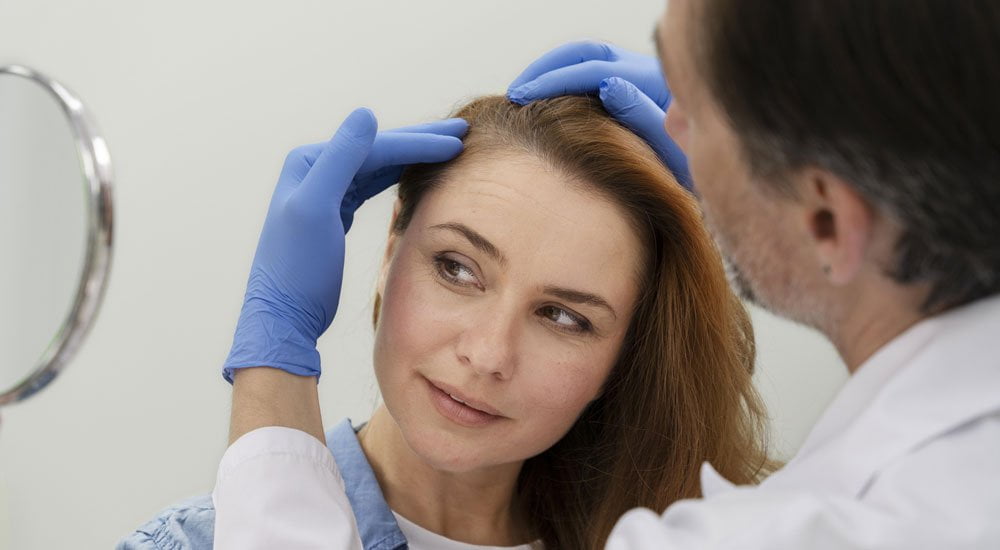
-
by Op. Dr. Evren Tevfik İşçi

Hair restoration is still a surgical process, despite the fact that it is minimally invasive and hence gentle on the body. Although there are no complications during the hair transplant procedure, there is always the risk of swelling afterward.
Swelling that affects the forehead and eyes may occur a few days following hair transplantation. Although the swelling may cause visual discomfort, it is not hazardous to the person’s health. In a few days, it will right itself.
Internally and outwardly, swelling refers to the expansion of an uncommon area of the body. It can occur as a result of inflammation or as a result of excess fluid in the body. This is how the body reacts to any kind of trauma. Infection and edema can also be caused by surgical wounds. Another cause might be anesthesia, which is caused by too much fluid being put into the head prior to the hair transplant procedure. Swelling might also be caused by medications administered during surgery.
Swelling After Hair Transplant Surgery: What Causes It?
Patients who have had hair transplantation may have swelling on the forehead or under the eyes. Swelling can also develop as a result of the hair transplant operation, in which the surgeon injects specific substances into the scalp to alleviate pain and bleeding, such as anesthetic and adrenaline. Swelling might continue for several days with correct treatment, but it can also cause infection and discomfort in the patient.
Swelling After Hair Transplant Surgery: Tips for Avoiding or Reducing It
Applying cold compresses around the eyes might help to reduce swelling. The use of a cold compress helps to constrict the blood vessels around the eyes, reducing puffiness. Excessive usage of cold compresses, on the other hand, may inhibit the creation of new hair follicles, thus the application should be done with caution.
Exercise is a significant element of some people’s everyday routines. It is, nevertheless, one of the things that should be avoided following a hair transplant. The patient can resume her usual activities 3-4 days following hair transplantation. She should, however, avoid hard physical activity for a while because they might cause edema. Swelling caused by strenuous physical activity might lead to the development of a blood clot. Sweating is a result of intense exertion. Sweating can make the healing process more difficult by raising the chance of infection.
During the recuperation period following hair transplant surgery, it is critical to keep the head elevated. For this reason, even when sleeping, the head should be kept straight and higher than the body, and the head should not be bowed down. Additionally, while sleeping, the back weight should be supported, the head angle should be properly adjusted, and a few cushions should be placed under the neck to decrease swelling.
It is important to drink enough of water after having hair transplant surgery. This is due to the fact that water aids in the cleaning of the liquids injected into the application region throughout the procedure. It is suggested that the patient consume plenty of water to aid with swelling reduction. Drinking more than 2-3 liters of water every day can help speed up the healing process. Water is critical in such procedures because it aids in the quicker clearance of fluids from the lymphatic system.
To press the liquids under the skin, a gently sweeping motion from the centre of the forehead to the side should be employed. The skin should not be tugged during this period, and the hair transplant region should not be handled.
Prescription medications should be taken on a regular basis.
The doctor will prescribe certain medications to alleviate any discomfort that may arise during hair transplantation and to speed up the healing process. In addition to therapy, one of the elements impacting treatment effectiveness is thorough adherence to post-procedure recommendations. Aspirin and other blood thinners, on the other hand, should not be used for more than one week since they might induce blood thinning and edema.
Swelling is a typical but minor adverse effect of hair transplantation that goes away on its own within a few days. However, in certain circumstances, the swelling worsens and might continue a long time. In this scenario, the doctor’s recommendation for therapy should be followed.
What Causes Redness After Hair Transplantation?
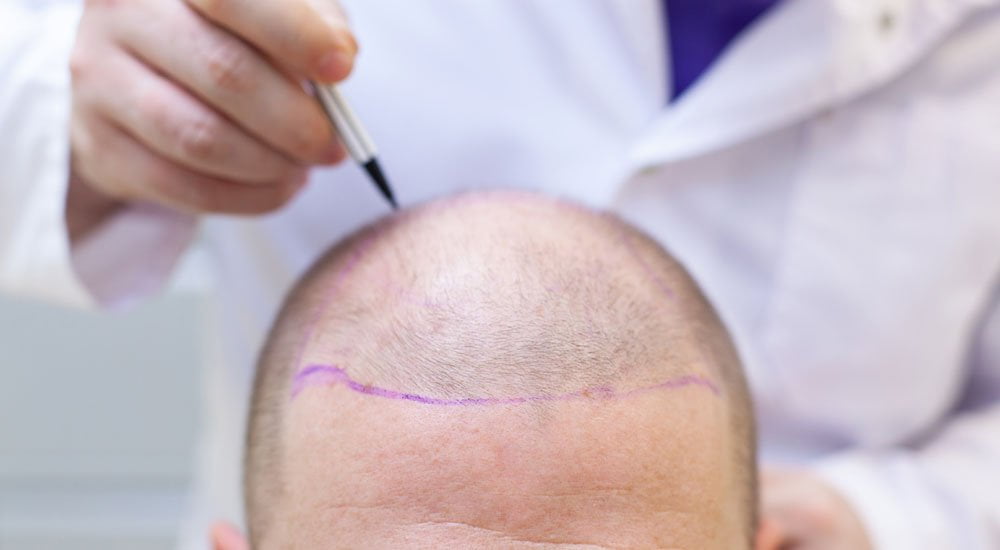
Questions about scalp inflammation and redness following hair transplantation are among the most often posed by patients. The transplantation of hair follicles and the healing process cause redness following hair transplantation. Blood is pumped to the operation site by the body. As a result, cells acquire more oxygen and nutrients and recover more quickly. Patients with lighter skin will have more visible redness.
Many small holes are produced in the donor and transplant areas, depending on the technique used during the hair transplant procedure. The donor area’s roots are transplanted into their new holes. Crusting may occur as a result of this.
Patients will not be able to totally eliminate the redness because it is a typical element of the healing process following hair transplantation. But that doesn’t rule out the possibility of mitigation. To avoid this, avoid taking a shower with really hot water and wear a cap on hot days. Apart from these steps, following hair transplantation, you can use the creams and lotions advised by your doctor.
The redness following hair transplantation normally goes away 1 to 3 weeks after the procedure, albeit it varies from patient to patient. Redness might last up to two months in people with very pale or sensitive skin.
